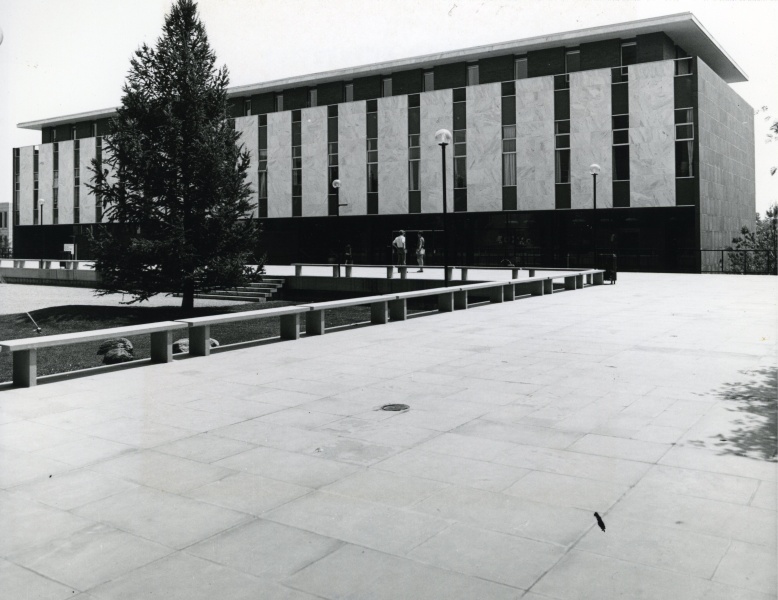PDF
British ambassadors in Berlin, 1920-1939; the diplomat as a source of information for the formulation of British policy toward Germany. Item Info
- Title:
- British ambassadors in Berlin, 1920-1939; the diplomat as a source of information for the formulation of British policy toward Germany.
- Creator:
- Fairbairn, Garry Lawrence
- Date Created:
- 1969
- Degree Awarded:
- Master of Arts
- Subjects:
- Great Britain Foreign Relations Germany Great Britain Foreign Relations 1910-1936Germany Foreign Relations Great Britain Diplomats Great Britain
- Geographical Focus:
- Britain Germany
- Supporting Materials:
- n/a
- Description:
- The British ambassadors in Berlin between the wars, diplomats still in the nineteenth century tradition but faced with new problems, generally handled their difficult task well, with the exception of Sir Nevile Henderson. The ambassadors of the 1920's and 1930's displayed a general continuity of interpretationand advice, expressing consistent support for a policy of appeasing German desires. These diplomats saw German society as unstable and given to outbreaks of extremism, but in the long run amenable to conciliatory treatment, since the governing elite was predominantly moderate and responsable. This moderate element was,in the eyes of the ambassadors, trustworthy and could be strengthened by timely British gestures and concessions. The advent of Hitler altered the picture only in that the threat of extremist elements became more immediate. Nazi ambitions were increasingly seen as legitimate, as one ambassedor succeeded another, and Hitler was portrayed as a moderate within the Third Reich. This coincided with a continuing decline in the ambassadors' relations with German leaders and officials and in the quality of their sources of information. Nevertheless, the British representatives also described the risks of an appeasement policy and the need for caution and the development of British strength while executing this policy. On the whole, the despatches of the ambassadors suggest that any divergence of views between them and the British government has been exaggerated.
Source
- Preferred Citation:
- Fairbairn, Garry Lawrence. British ambassadors in Berlin, 1920-1939; the diplomat as a source of information for the formulation of British policy toward Germany.. 1969. Carleton University, Master of Arts.
- Reference Link:
- https://cuhistory.github.io/grads/items/hist_305.html
Rights
- Rights:
- Copyright the author, all rights reserved, unless otherwise indicated.

